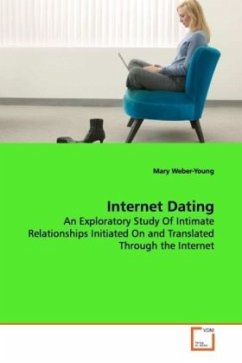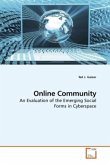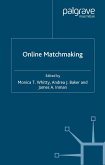Internet dating has inserted itself into mainstream
culture. It is convenient, widely accessible, and
reasonably easy, even for the somewhat less computer
adept. Yet despite its widespread appeal, it has a
relatively low success rate. This study examines not
only why people use the internet, but how various
types of people begin their exploration with inherent
assumptions of the outcomes. Moreover, certain
character types may be a predictor of those outcomes.
Using the narrative structure of Michael
Ende's "Never Ending Story", this study's author
demonstrates how Internet dating participants all
enter the process with the same hopeful outcome.
However, participants expectations and use of the
tool itself ultimately impacts the degree of
success. Similar to Bastian the boy in Ende's
novel, Internet daters become part of the story they
create and have to make choices along their path.
Each has to choose deliberately to either bring
their romantic hopes back into the non-virtual world
or get lost in the fantasy of cyberspace.
culture. It is convenient, widely accessible, and
reasonably easy, even for the somewhat less computer
adept. Yet despite its widespread appeal, it has a
relatively low success rate. This study examines not
only why people use the internet, but how various
types of people begin their exploration with inherent
assumptions of the outcomes. Moreover, certain
character types may be a predictor of those outcomes.
Using the narrative structure of Michael
Ende's "Never Ending Story", this study's author
demonstrates how Internet dating participants all
enter the process with the same hopeful outcome.
However, participants expectations and use of the
tool itself ultimately impacts the degree of
success. Similar to Bastian the boy in Ende's
novel, Internet daters become part of the story they
create and have to make choices along their path.
Each has to choose deliberately to either bring
their romantic hopes back into the non-virtual world
or get lost in the fantasy of cyberspace.








